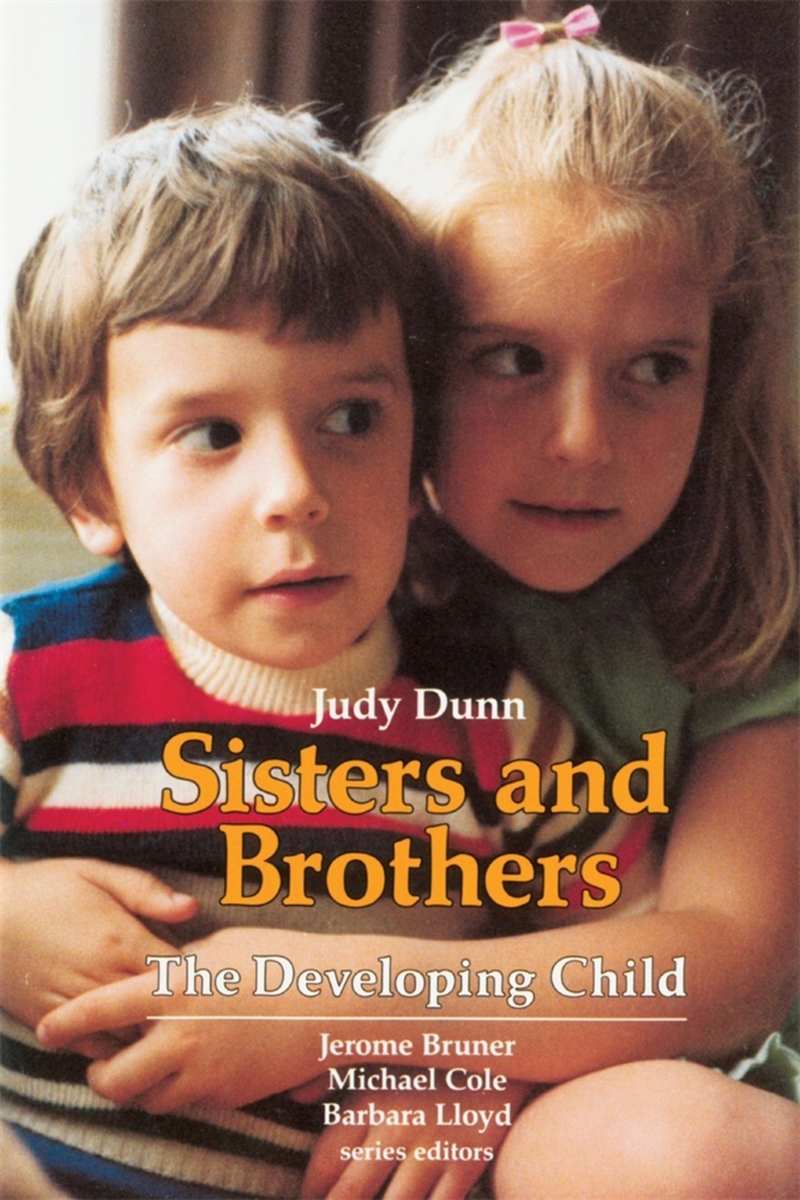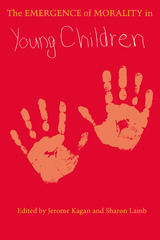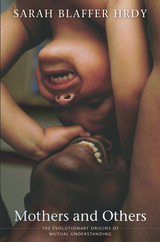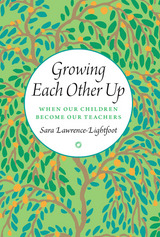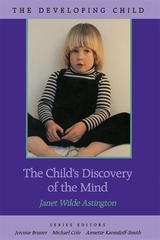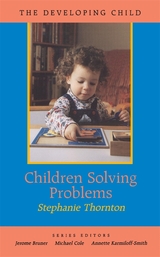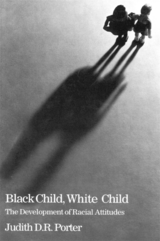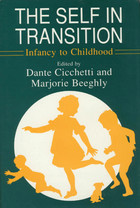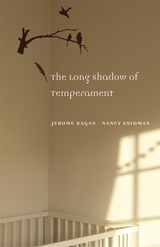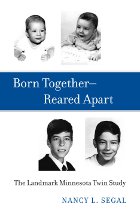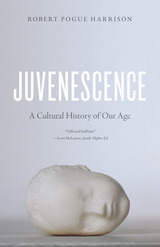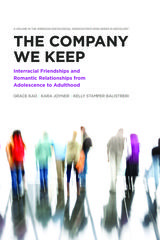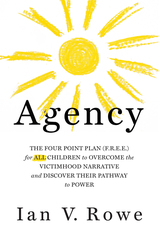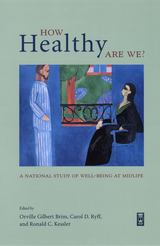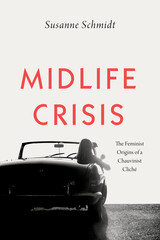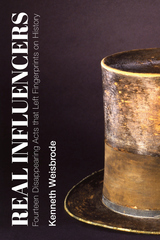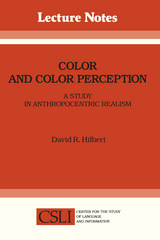Cloth: 978-0-674-80980-2 | Paper: 978-0-674-80981-9
Library of Congress Classification BF723.S43D87 1985
Dewey Decimal Classification 155.443
The sibling relationship, as any parent with two or more children knows, is an extraordinarily intense one: young brothers and sisters love and hate, play and fight, tease and mock each other with a devastating lack of inhibition.
Why do some siblings get along harmoniously and affectionately, while others constantly squabble? To what extent are parents responsible for differences in siblings' personalities, and how can they ease the tensions?
In this timely and unusual glimpse into the world of the child, Judy Dunn argues that in fighting, bullying, or comforting, very young sisters and brothers possess a far deeper understanding of others than psychologists have supposed. She challenges the usual assumptions that birth order, age gap, and gender are the most crucial factors in explaining dramatic differences between siblings within a family, and suggests that siblings themselves have an important influence on each other's development. She shows that by studying children with their brothers and sisters, rather than in unfamiliar situations, we gain a new and illuminating picture of how growing up with siblings affects children's personalities, their intelligence, their ways of thinking and talking, and their perceptions of themselves, their families, and their friends.
Full of practical advice for coping with the daily trials of parenting two or more children, this warm and accessible book, based on new research, gives a fresh perception of a relationship which for many people lasts longer than any other in life.
See other books on: Brothers | Child | Developmental | Lloyd, Barbara | Sisters
See other titles from Harvard University Press
